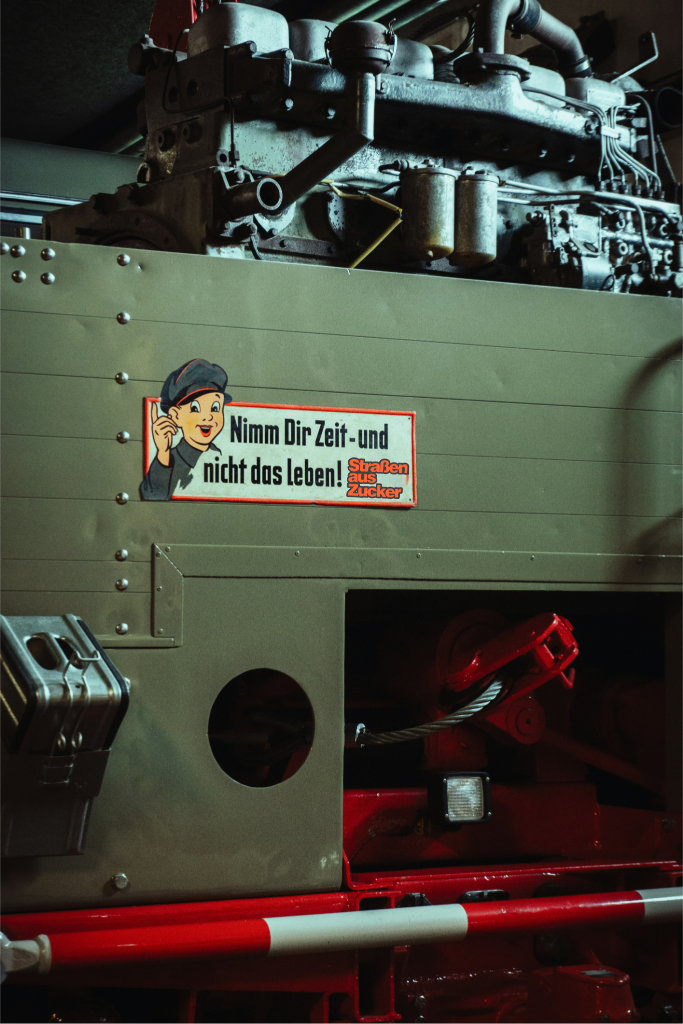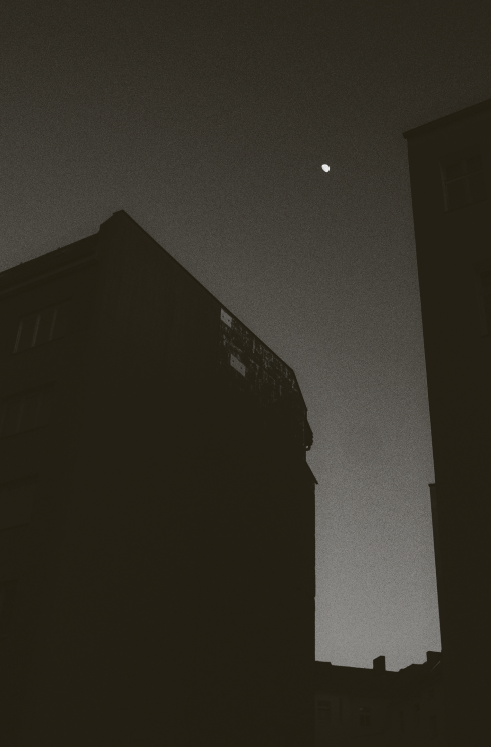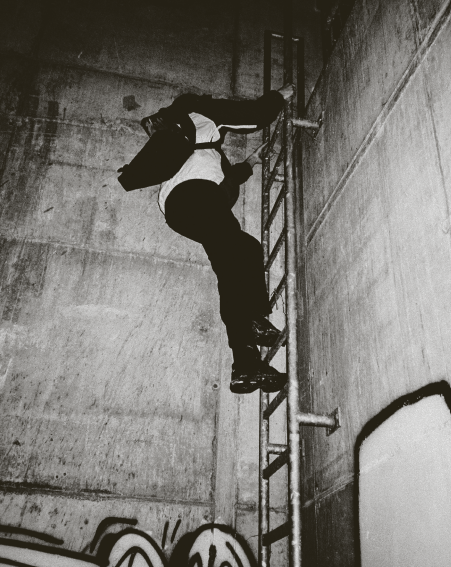Dear Team of Routes Sucrées !
I had the pleasure to discover your paper while hanging around in a
cool alternative place called Gagarine in Vienna, Austria, and I want
to thank you for your work, which enables a broader amount of people
to read/share about such important issues as politics, equality,
gender, etc.I thank you too because I am not fluent in German yet, that is to say,
not enough to be able to read a lot of alternative press here!
Some themes held my attention, such as the article about boycotting
McDonalds or smaller actors of the oppression. -One might also mention
and question here the boycotting of entire countries, like Israel for
instance. But maybe it should require another article.- I am not
altogether convinced though, since I think that radical steps are
sometimes better than no step at all, and to put it in a nutshell, I
like much better cycling everyday and buying my food from a farmer
than going to the big inhuman supermarket in my expensive car… I
cannot change it all alone but we do have a potential impact on the
society in our everyday life. What one do, how we act/react, etc. This
brings me to mention what I personally hold as an interesting concept
to understand -and hence to help us finding real and concrete
alternative to our way of living and the shit we are heading to- : the
notion of “degrowth” (Wachstumsrücknahme). This notion, meant against
the religion of never-ending economical growth, seems to be a fine way
to fight against capitalism and the miseries that is carries with it.
Furthermore, I would like to share with you what I discover in Article
11, an alternative French paper, a text written by an American
activist who took part in the riots in Seattle in May 2012. Here is
the link: http://www.ultra-com.org/project/why-riot/
Well, I think that’s it for this time, thank for you reading and keep
on writing/fighting!
Sincerely, G.
Dear G.,
thanks so much for taking the time to write us. We are glad you like the
paper and picked it up in Austria.
As to your thoughts: We, too, like to cycle, and some of us like to eat
organic food. Also, we do a lot of small things in our everyday life to
change the way we interact: For example, as an editorial collective we
work in a radically democratic fashion, with no leaders, sharing tasks
equally and being aware of for example gendered dynamics in our midst.
We believe that a liberated society cannot be built in a hierarchical
fashion, but that we need to have forms of political interaction where
everyone is taken seriously.
However, when it comes to consumption we are maybe a bit more sceptical
– as you can see from the McDonalds article you mentioned: Of course,
the current form of production is horrible – not only because it
exploits workers, but also because it is unsustainable and destroys the
natural environment. But the reason for this is that it is a form of
production that is based on making profit – the inherent reason
capitalism exists. The drive for profit that every company, every
capitalist has to follow, means that ecological concerns are not really
important. What is important is to produce things that bring in a lot of
money. In a non-capitalist – or as we say for lack of a better word: a
communist – society we could build different kinds of technology: cars
that need less gas, food that doesn’t need pesticides, things that don’t
break after 2 years. But in our society, this isn’t the case. And
unfortunately, this won’t change just because we buy less, or buy
different things. Some small things may change – maybe a company will
pay their workers more after a successful boycott, or stop producing in
sweatshops. But even this kind of success only happens when it is
accompanied by a political campaign. If I as an individual make these
choices it will not change any fundamental structures.
Moreover, often debates around lifestyle choices become very moralistic:
People who don’t buy organic food are suddenly labeled as „ignorant“,
others who use a car are blamed for the destruction of the ozone layer
and so on. But a lot of these choices are only available to people with
money: Organic food is expensive, a lot of people need cars, flying is
often cheaper than the train…it seems cynical to tell workers to cut
back on the little they have already – to NOT go on a cheap vacation
somewhere warm etc.
Finally, we see a lot of activists who put all of their energy into
lifestyle choices: What to consume, what to recycle etc. While we don’t
think this does any harm we would sometimes wish that more people would
spend their energy in joining us in bringing about fundamental changes –
for a world where there is no more exploitation of people, animals or
natural ressources, because neither of these would make any sense anymore.
Hope this clarifies things a bit.
All the best to you, and sweet solidarity
L. for the Straßen aus Zucker/routes sucrées editorial collective



